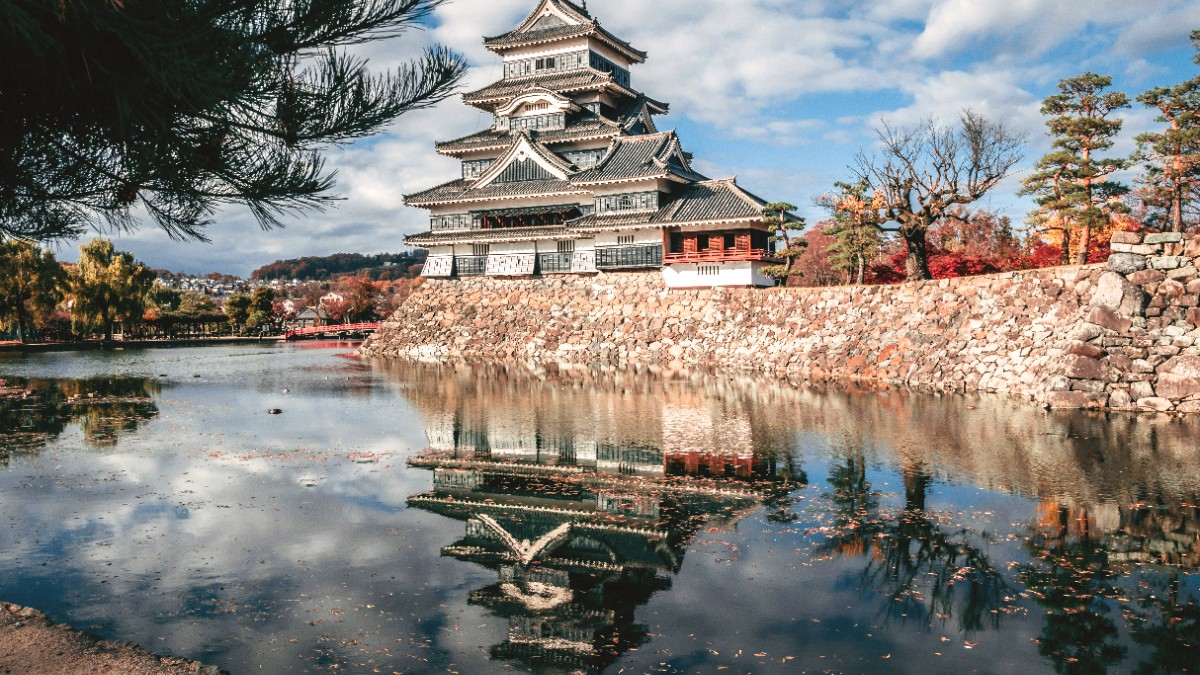
West Of Tokyo, Japan
Hakone is part of Fuji-Hakone-Izu National Park. Respect all signage, stay on marked trails, and avoid disturbing wildlife.
Japan has strict recycling rules. Separate your trash carefully. Carry a small bag for your trash as public bins are rare.
Mindful use of water is encouraged. Take shorter showers and reuse towels. Hot spring water is a valuable natural resource.
Your actions can support the preservation of Hakone's unique volcanic and natural landscapes.
Hakone falls within the Fuji-Hakone-Izu National Park, a designation that supports preserving its natural beauty, geology, and ecosystems. Observe all signs for protected areas.
Japan has strict waste separation. Understand local sorting practices (burnable, non-burnable, plastics, cans, bottles). Carry a small bag for trash, as public bins are scarce.
Consider carbon offsets for your flight emissions. Within Hakone, favor the efficient public transportation loop (trains, buses, ropeway, boats) over private vehicles or taxis.
Seek accommodations that prioritize energy efficiency, water conservation, waste reduction, and local sourcing. Some tour operators highlight their commitment to sustainable practices.
For sustainable lodging, consider booking through platforms like Ecobnb.
Find Eco StaysChoose ethical gear from Patagonia, find reusable items at Package Free Shop, and book ethical tours with G Adventures. Support conservation via The Rainforest Site.
Respectful interaction elevates your experience and honors local traditions.
Many traditional ryokan and craftspeople, like those practicing Yosegi Zaiku marquetry, strive to preserve local culture and heritage. Learn about the region's history and its traditions.
Observe local customs like bowing, removing shoes indoors, and maintaining quiet on public transport. These actions demonstrate respect.
Always ask permission before photographing individuals, especially children. Be mindful of people's privacy in residential areas or during private moments. Do not take photos where signs prohibit it.
Approach shrines and temples with reverence. Keep quiet and show respect. Remove hats inside temple/shrine buildings. Follow specific worship rules, such as purifying your hands and mouth at the Temizuya (water basin).
Your travel choices directly shape the local economy. Responsible travel seeks to maximize positive economic benefits for the community.
Patronize local eateries, buy souvenirs from local craftspeople, and use local guides.
Prioritize purchasing directly from artisans or small, independent shops for ethical goods.
Respectful travel, spending locally, and following cultural norms are the best ways to contribute.
Japan has strict labor laws and high ethical standards. Exploitation or harmful tourism practices are typically not a concern for tourists. The country maintains a high level of integrity in its tourism industry.
Your choices truly matter. Your tourism spending directly benefits the Hakone community when you choose local businesses and traditional experiences.